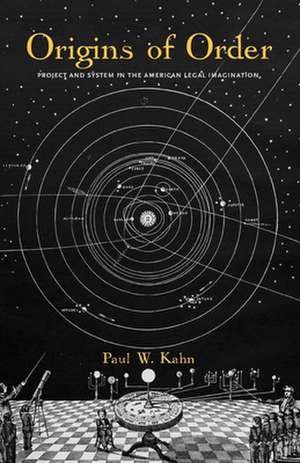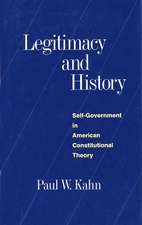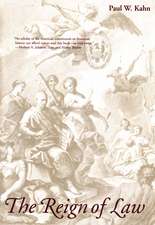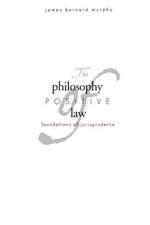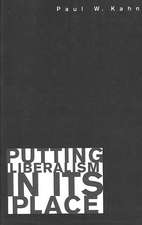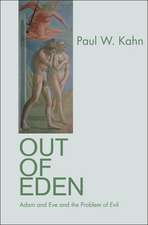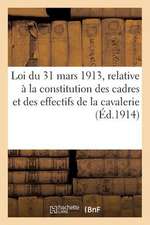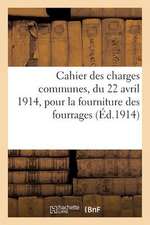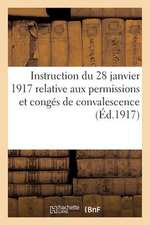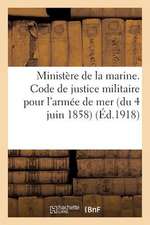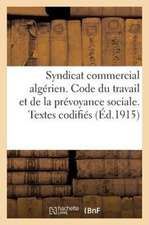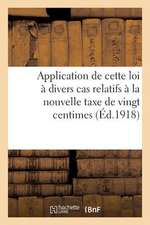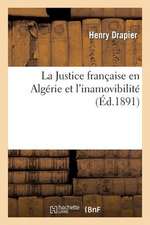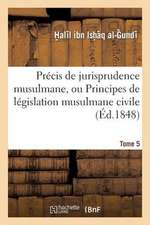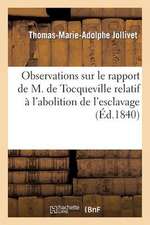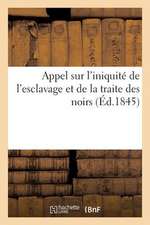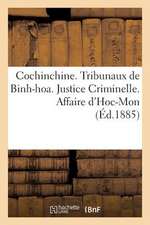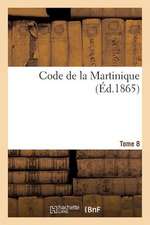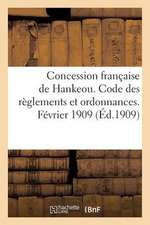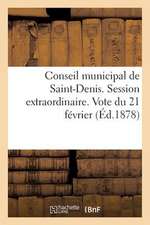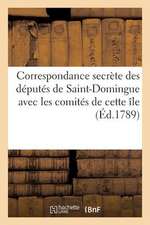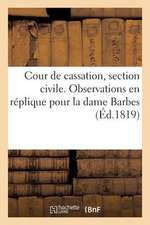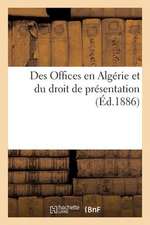Origins of Order: Project and System in the American Legal Imagination: Yale Law Library Series in Legal History and Reference
Autor Paul W. Kahnen Limba Engleză Paperback – 27 apr 2021
An examination of how two fundamental concepts of order influence our ideas about sovereignty, citizenship, law, and history
Western accounts of natural and political order have deployed two basic ideas: project and system. In a project, order is produced by the intentional act of a subject; in a system, order is immanent in the world. In the former, order is made; in the latter, discovered.
Paul W. Kahn shows how project and system have long been at work in our theological and philosophical tradition. Against this background, Kahn explains the development of the modern legal imagination in the nineteenth century as a movement from project to system. Americans began the century imagining the constitutional order as their common project: a deliberate construction of We the People. They ended the century imagining that order is continuous with the common law: an immanent development of the principles of civilization. This imaginative shift affected ideas of legal text, sovereignty, citizenship, interpretation, history, and science.
Western accounts of natural and political order have deployed two basic ideas: project and system. In a project, order is produced by the intentional act of a subject; in a system, order is immanent in the world. In the former, order is made; in the latter, discovered.
Paul W. Kahn shows how project and system have long been at work in our theological and philosophical tradition. Against this background, Kahn explains the development of the modern legal imagination in the nineteenth century as a movement from project to system. Americans began the century imagining the constitutional order as their common project: a deliberate construction of We the People. They ended the century imagining that order is continuous with the common law: an immanent development of the principles of civilization. This imaginative shift affected ideas of legal text, sovereignty, citizenship, interpretation, history, and science.
| Toate formatele și edițiile | Preț | Express |
|---|---|---|
| Paperback (1) | 261.96 lei 6-8 săpt. | |
| Yale University Press – 27 apr 2021 | 261.96 lei 6-8 săpt. | |
| Hardback (1) | 293.15 lei 3-5 săpt. | +24.43 lei 4-10 zile |
| Yale University Press – 2 ian 2020 | 293.15 lei 3-5 săpt. | +24.43 lei 4-10 zile |
Preț: 261.96 lei
Nou
Puncte Express: 393
Preț estimativ în valută:
50.12€ • 52.48$ • 41.48£
50.12€ • 52.48$ • 41.48£
Carte tipărită la comandă
Livrare economică 07-21 aprilie
Preluare comenzi: 021 569.72.76
Specificații
ISBN-13: 9780300261486
ISBN-10: 0300261489
Pagini: 344
Dimensiuni: 140 x 216 x 22 mm
Greutate: 0.44 kg
Editura: Yale University Press
Colecția Yale University Press
Seria Yale Law Library Series in Legal History and Reference
ISBN-10: 0300261489
Pagini: 344
Dimensiuni: 140 x 216 x 22 mm
Greutate: 0.44 kg
Editura: Yale University Press
Colecția Yale University Press
Seria Yale Law Library Series in Legal History and Reference
Recenzii
Finalist in the PROSE Awards Legal Studies category, sponsored by the Association of American Publishers
"In the tradition of philosophical anthropology, Paul Kahn reads important texts in U.S. constitutional history using the concepts of 'project'—reasoned design—and 'system'—emergent order. His wide-ranging analysis puts familiar material in a new and thought-provoking light."—Mark Tushnet, Harvard Law School
"Paul Kahn’s contrast between law as deliberate political engineering and as immanent spontaneous order guides him through a fundamental—and stunningly original—reimagining of our constitutional history."—Robert W. Gordon, author of Taming the Past: Law in History and History in Law
"This latest book by one of our most truly profound and challenging thinkers about law offers consistently challenging reflections on different ways of approaching American law, particularly American constitutionalism. I can easily envision its becoming the basis of seminars and intense discussion."—Sanford Levinson, author of An Argument Open to All: Reading The Federalist in the 21st Century
“An eloquent exploration of two persistent, often conflicting alternatives that structure the American legal imaginary: project and system … a powerful and humane work of legal philosophy, legal history, and constitutional theory."—Jonathan Sheehan, author of Invisible Hands: Self-Organization and Enlightenment
“This is a difficult but intriguing work by a scholar of considerable eminence.”—R. C. Cottrell, emeritus, California State University, Chico
"In the tradition of philosophical anthropology, Paul Kahn reads important texts in U.S. constitutional history using the concepts of 'project'—reasoned design—and 'system'—emergent order. His wide-ranging analysis puts familiar material in a new and thought-provoking light."—Mark Tushnet, Harvard Law School
"Paul Kahn’s contrast between law as deliberate political engineering and as immanent spontaneous order guides him through a fundamental—and stunningly original—reimagining of our constitutional history."—Robert W. Gordon, author of Taming the Past: Law in History and History in Law
"This latest book by one of our most truly profound and challenging thinkers about law offers consistently challenging reflections on different ways of approaching American law, particularly American constitutionalism. I can easily envision its becoming the basis of seminars and intense discussion."—Sanford Levinson, author of An Argument Open to All: Reading The Federalist in the 21st Century
“An eloquent exploration of two persistent, often conflicting alternatives that structure the American legal imaginary: project and system … a powerful and humane work of legal philosophy, legal history, and constitutional theory."—Jonathan Sheehan, author of Invisible Hands: Self-Organization and Enlightenment
“This is a difficult but intriguing work by a scholar of considerable eminence.”—R. C. Cottrell, emeritus, California State University, Chico
Notă biografică
Paul W. Kahn is Robert W. Winner Professor of Law and the Humanities and Director of the Orville H. Schell, Jr. Center for International Human Rights at Yale Law School. He is the author of many books, including Making the Case, Political Theology, The Cultural Study of Law, and The Reign of Law.
